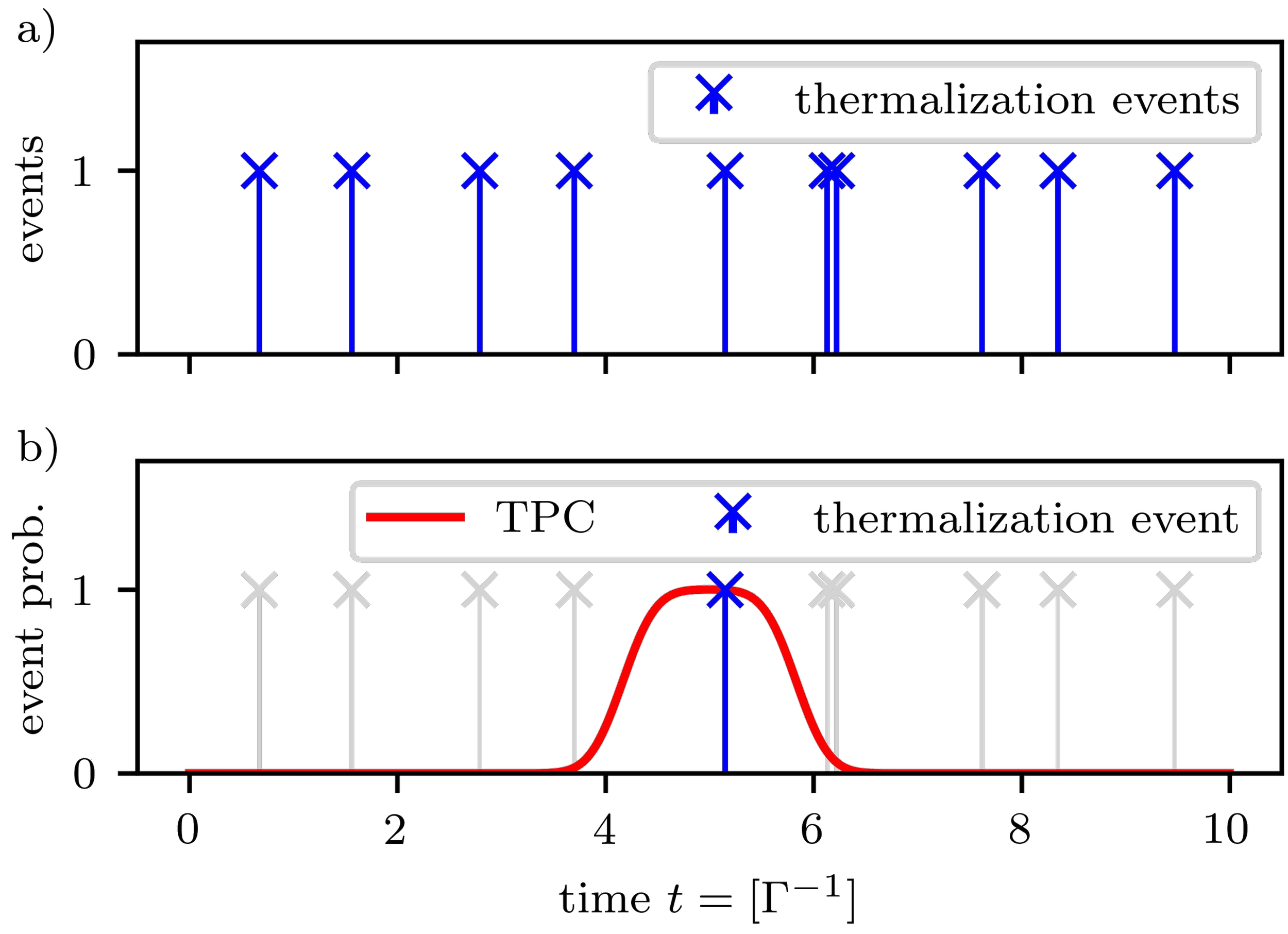Quantum Clocks
Clocks are instruments essential for our daily routine, from ensuring we catch the morning train to pinpointing our location using GPS technology. They have been an integral part of human civilization for centuries, from the early sundials of the Mayan times to today's UTC standard. However, with the invention of atomic clocks in the 1950s, clock technology took a significant leap forward. These clocks have been continuously improving in accuracy year after year, with the state-of-the-art optical clock now accumulating less than a hundred milliseconds of error over the lifespan of the sun. But with such advancements, it begs the question: are there any limitations to a clock's performance?
This question has sparked the emergence of quantum clocks as an independent field of research, combining approaches from quantum information theory and quantum thermodynamics. Recent experiments have shown that today's technology can explore the ultimate limits of timekeeping, but we must first understand the fundamental limitations of clocks coming from thermodynamics. Our research group is tackling this issue head-on, as clocks, like all other physical systems, are subject to the laws of thermodynamics. In fact, they heavily rely on the increase of entropy originating from the second law of thermodynamics, which, in it’s core is a statistical theory and imposes limits as to how accurate a clock can be.
Our group has made significant contributions to how information theory and thermodynamics are linked to clocks and impact their performance [1-3]. A key concept there is that of autonomy, namely, how can one make sure on a quantum level that the clock does not require any hidden timing resource run? In other words, which types of quantum clocks can produce regular ticks without using such events to run in the first place? While these and many other theoretical questions are still open, our group was also involved experimentally verifying the conjecture that clock quality comes at a thermodynamic price, i.e., to get higher accuracy, a clock uses up more energy [4]. As part of the ASPECTS Consortium, we are currently investigating further experimental platforms to realize quantum clocks, which will ultimately allow us to rigorously test our theory and build the first ever autonomous quantum ticking clock.
If you're intrigued by this topic and want to learn more, don't hesitate to contact the authors of the referenced papers or check out their personal sub-pages. And for an easy-to-understand introduction to quantum clocks, take a peek at ref. [5].
Figure 1: Photoemission can be understood as an elementary clock tick. Here, a random thermal clock (a) is compared to a quantum clock (b) which can improve it’s accuracy by suppressing unwanted ticks. From [3].
Figure 2: In comparison, everyday clock do not operate this extreme limit of one photon per tick, still their performance is limited by these elementary events. From [3].
References:
Paul Erker, Mark T. Mitchison, Ralph Silva, Mischa P. Woods, Nicolas Brunner, and Marcus Huber, Autonomous Quantum Clocks: Does Thermodynamics Limit Our Ability to Measure Time? Phys. Rev. X 7, 031022 (2017) [arXiv:1609.06704]
Emanuel Schwarzhans, Maximilian P. E. Lock, Paul Erker, Nicolai Friis, and Marcus Huber, Autonomous Temporal Probability Concentration: Clockworks and the Second Law of Thermodynamics, Phys. Rev. X 11, 011046 (2021) [arXiv:2007.01307]
Florian Meier, Emanuel Schwarzhans, Paul Erker and Marcus Huber, Fundamental accuracy-resolution trade-off for timekeeping devices, preprint arXiv:2301.05173v2 (2023) [quant-ph]
A. N. Pearson, Yelena Guryanova, Paul Erker, Edward A. Laird, Andrew Briggs, Marcus Huber, and Natalia Ares, Measuring the Thermodynamic Cost of Timekeeping, Phys. Rev. X 11, 021029 (2021) [arXiv:2006.08670]
Florian Meier, Performance limits of decay clocks: Fundamental accuracy and resolution limits of quantum clocks with exponential ticking mechanism, Master’s Thesis, ETHZ Research Collection (2022)
Involved Groupmembers:

